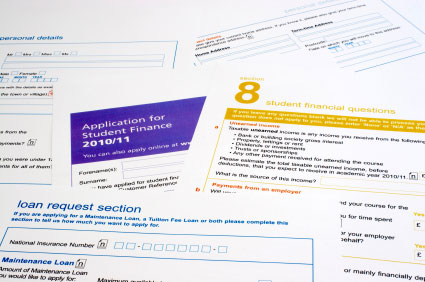Grants
College Grants
How to Find Grants
Merit Based Grants
Merit Grant Application
Need Based Grants
Doctoral
Low Income
Returning Students
Women
Minority Students
Minorities
African American
Native American
Latino
Asian
Disabilities
Mothers
Federal
Searching
A college education is the first step on the ladder of success, and to take that first step you will likely need some form of financial aid. You may want to apply for Federal, State or Private student loans; Federal, State or Private scholarships; and Federal and/or State grants. These grants, unlike private or government loans, do not have to be repaid.
Federal grants are cash awards to qualifying students designed to make secondary education more accessible to everyone. These grants are often need-based or merit-based and there are government grants that specifically target women and minorities in an attempt to diversify the collegiate population. Every year students from all walks of life apply for and are awarded Federal grants for college. Unfortunately every year nearly 2 million students fail to apply for these Federal grants mistakenly assuming they will not qualify. Don't miss out on some much needed financial assistance for college because you failed to take the initiative. Apply early and apply often.

There are several different types of Federal grants designed to benefit college students from all walks of life. The focus of the Federal grant program is to help students of all different backgrounds and skill levels attain their dream of going to college. Even if you're not an 'A' student you may still qualify for a government grant.
There are three major forms of Federal grants:
In order to be considered for any type of Federal or State financial aid you must complete and submit the Free Application for Federal Student Aid . The FAFSA can be completed online or in hard copy and is available in a Spanish language version. There are both Federal and State deadline to consider so make a note and be sure to get your application in on time.
Once you have submitted your application it will be reviewed and you will then receive a Student Aid Report in the mail. This report will outline how much of your education costs you are expected to contribute to as well as how much and what types of Federal aid you have qualified for. A copy of your SAR is also sent to each of the schools you included on your FAFSA. Based on the information in your SAR each college prepares a financial aid package they are willing to extend to you in exchange for your attendance.